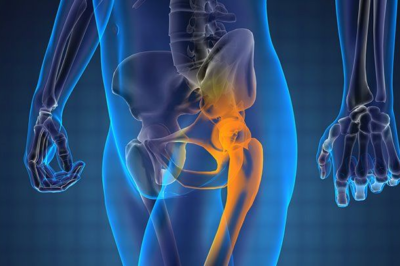
The prostate gland, a crucial part of the male reproductive system located below the bladder, becomes a concern when it enlarges, potentially signaling prostate cancer. The American Cancer Society reports that approximately one in eight men will face a prostate cancer diagnosis in their lifetime. Dr. Anand Utture, a Consultant Urologist at SL Raheja Hospital in Mahim, emphasizes the importance of not dismissing the common symptoms associated with both benign prostate enlargement (BPH) and prostate cancer. These include frequent urination, especially at night, reduced urine flow, and a feeling of incomplete bladder emptying.
Dr. Utture highlights specific symptoms that are more closely associated with prostate cancer. These symptoms are crucial to recognize early on and include blood in urine or semen, persistent pain in bones such as the hips, back, or chest, erectile dysfunction, constipation due to pressure on the rectum, unexplained weight loss, decreased appetite, and general fatigue.
The risk of developing prostate cancer increases significantly after the age of 65. However, it can also occur in younger men, where it tends to be more aggressive. Men with a family history of cancer, especially first-degree relatives like fathers or brothers, are at an increased risk.
Dr. Utture advises anyone experiencing these symptoms to consult a urologist promptly. Diagnosis can be efficiently achieved through a combination of a digital rectal exam, blood tests for PSA levels, multiparametric prostate MRI, and a biopsy if necessary.
Prostate cancer is undoubtedly a grave condition, but its early detection plays a pivotal role in successful treatment. If caught before it spreads, the survival rate is highly favorable, with more than 97% of patients living beyond five years after diagnosis. This underscores the critical importance of awareness, timely consultation, and the potential for early diagnosis and treatment to significantly impact one’s quality of life.








































Leave a Reply